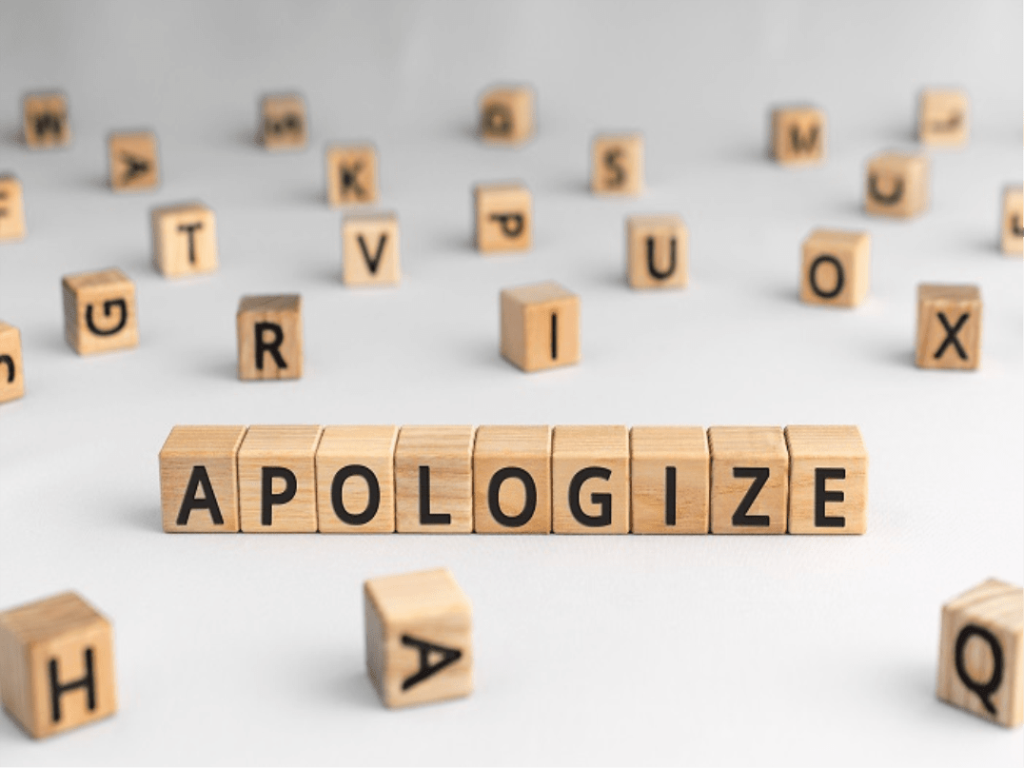Why Knowing How to Apologize in Egyptian Arabic Matters
Imagine this: you’re exploring the vibrant streets of Cairo, perhaps a bit clumsy from the excitement, and accidentally bump into someone. What do you say? Knowing how to express “sorry” in Arabic, and more specifically, in the Egyptian dialect is not just polite – it’s a fantastic way to connect with locals and show your respect.
At Kaleela, we believe that language learning is about more than just grammar; it’s about immersing yourself in the culture. That’s why we’re bringing you this guide to the essential ways to apologize in Arabic, focusing on the warm and expressive Egyptian dialect.
The Essentials: Basic Ways to Say “Sorry” in Egyptian dialect
Let’s start with the most common and widely understood ways to say you’re sorry.
- I’m Sorry in Arabic: أنا آسف (Ana Asif)
This phrase is your go-to for most situations. It’s polite, sincere, and easily recognized across the Arabic-speaking world, including Egypt. - Sorry / Never mind / It’s okay in Arabic: معلش (Ma’alesh)
This is a wonderfully versatile Egyptian phrase that can also convey sympathy depending on the context.
Adding Feeling: Taking Your Apology Up a Notch
Sometimes, a simple “sorry” isn’t enough. You might want to express deeper regret.
- I am very sorry in Arabic: أنا آسف جداً (Ana Asif geddan)
- It’s my fault / I owe you an apology in Arabic: حقك عليا (Haqqak alayya)
Before the Apology: How to Say “Excuse Me”
Knowing how to say “excuse me” can often precede an apology.
Excuse me / Please in Arabic: لو سمحت (Law samaht)
Taking Responsibility and Explaining Yourself
Clearly admitting your role in a situation shows sincerity.
- It’s my fault in Arabic: دي غلطتي (Di galteti)
- I take full responsibility in Arabic: أنا المسئول (Ana el-masʾul)
- I shouldn’t have done it in Arabic: مكنش المفروض أعمل كدة (Makansh el-mafrud ʾaʿmel kedah)
- I didn’t mean that in Arabic: مكنش قصدي (Makansh Asdi)
Specific Apologies for Common Situations
Here are phrases tailored for particular scenarios:
- Sorry I’m late in Arabic: اسف إني اتأخرت عليك (Asef ʾenni etʾahhart ʿaleik)
- Sorry for giving your money back late in Arabic : آسف إني رجعت فلوسك متأخر (Asef enni raggaʿt felusak metʾahhar)
- I apologize for being mean to you in Arabic: أنا آسف إني كنت قليل الذوق معاك (Ana Asaf enni kont alil el-zu maʿāk)
- I’m sorry for being selfish in Arabic: أنا آسف إني كنت أناني (Ana Asaf enni kont anani)
Seeking Forgiveness and Promising to Improve
These phrases help mend the situation and show your commitment to doing better.
- I hope you forgive me in Arabic: أتمنى إنك تسامحني (Atmanna ennak tesameḥni)
- Please don’t be mad at me in Arabic: لو سمحت متزعلش مني (Law samaht matezʿals menni)
- I won’t do it again in Arabic: مش هعمل كده تاني (Mesh haʿmel kedah tani)
- I’ll make sure not to make this mistake again in Arabic: هحاول مغلطش الغلطة دي تاني (Hahawel maglats el-galtah di tani)
More Formal Ways to Apologize
For more serious or professional settings, you might use these phrases:
- I would like to apologize in Arabic: أنا عايز أعتذر (Ana ʿayez ʾaʿtazer)
- I sincerely apologize in Arabic: بعتذر بجد (Baʿtezer begadd)
Conclusion: Apologize Like You Mean It
In Egypt, a heartfelt apology goes beyond just words. While knowing the right phrases is a fantastic start, it’s the sincerity behind them that truly matters. Remember to use a genuine tone, a slight nod, and respectful eye contact to enhance your message. Egyptians are known for their warmth and forgiveness, and a genuine apology will almost always be well-received.
You now have a comprehensive guide to saying “sorry” in the charming Egyptian dialect. The key to mastering these phrases is to practice them until they feel natural.
Ready to put these words into practice and continue your language journey? For more practical lessons and deep cultural insights, download the Kaleela app today and connect with the rich heritage of the Arabic language!



